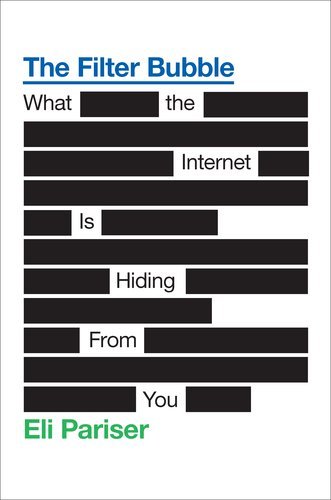If you’re like me, you woke up at the crack of dawn today to maximize your enjoyment of World IPv6 Day. Don’t want to miss a minute! If you’re like me, you’ll also say untruthful things as a very dry form of sarcasm. I hope you got that.
Whatever your interest in IPv6—learn more by reading this heresy—you should take interest in whether the next generation of the Internet protocol will erode or enhance your ability to protect privacy. That’s a question that’s been gnawing at me for a long time.
IPv4 was designed without enough numbers to accommodate the worldwide, multiple-device Internet we’ve got today. IPv5 seems to have disappeared—and I’m desperate to know what happened to it. (see above re: sarcasm) Now we’re talking about IPv6, a major feature of which is that it has enough numbers to assign one to every device on the globe.
IPv6’s ginormous number space is great for simplifying the maintenance of quality communications on the modern Internet, but it could suck for privacy. You see, if every device can be assigned a permanent number, that number will act as a permanent identifier, and lots of privacy-reducing inferences can be drawn. I.e., “If I saw this IP number before, it’s probably the same device and the same person I dealt with before.” Communications and interactions that don’t require or benefit from tracking become trackable anyway. We lose a structural protection of privacy.
Luckily, the designers of the IPv6 protocol thought of that. Christopher Parsons explains in a thorough post from last year that the IPv6 protocol calls for rolling assignment of randomized numbers for initiators of communications. A Web server has to have a fixed address, of course. It’s the target of communications requests, and people need to know where to find it. But the computers that ask for content from such servers do not. IPv6 allows those devices to have transient, pretty darn random numbers that change with regularity. This way, the records of your surfing that come to rest in servers all over the world cannot be combined into a dossier of everything you ever did online. Your computer’s IP address does not become your de facto worldwide identifier.
But here’s the question: To what extent is this part of IPv6 being implemented? Are the organizations implementing IPv6 including randomized numbers for initiators of communications? Parsons has a clever turn of phrase suggesting one reason why they may not: “the ‘security institutions’ are better at dissolving privacy protections than the privacy community is at enshrining privacy in law.” It could also be simply that there’s some cost associated with IPv6’s randomization.
So, does anyone know the status of randomization in the IPv6 protocol? Is it being implemented?
The good news, I think, is that it seems fairly easy to test whether an ISP is deploying IPv6 in full or short-cutting on randomization. Set up a server out there, ping it with a consistent communication, and see if it sees the communication coming from a consistent IP address. If it does, then IPv6 randomization is not working. That’s a problem.
Given the wisdom of “trust but verify,” I suppose this is not only an appeal for information about present practice, but a request that some group of technical smarties out there set up a system for routine verification that IPv6 randomization is fully and properly implemented by Internet service providers and other major deployers of Internet protocol. If you’ve already done it, do tell! Thanks!



 The Technology Liberation Front is the tech policy blog dedicated to keeping politicians' hands off the 'net and everything else related to technology.
The Technology Liberation Front is the tech policy blog dedicated to keeping politicians' hands off the 'net and everything else related to technology.